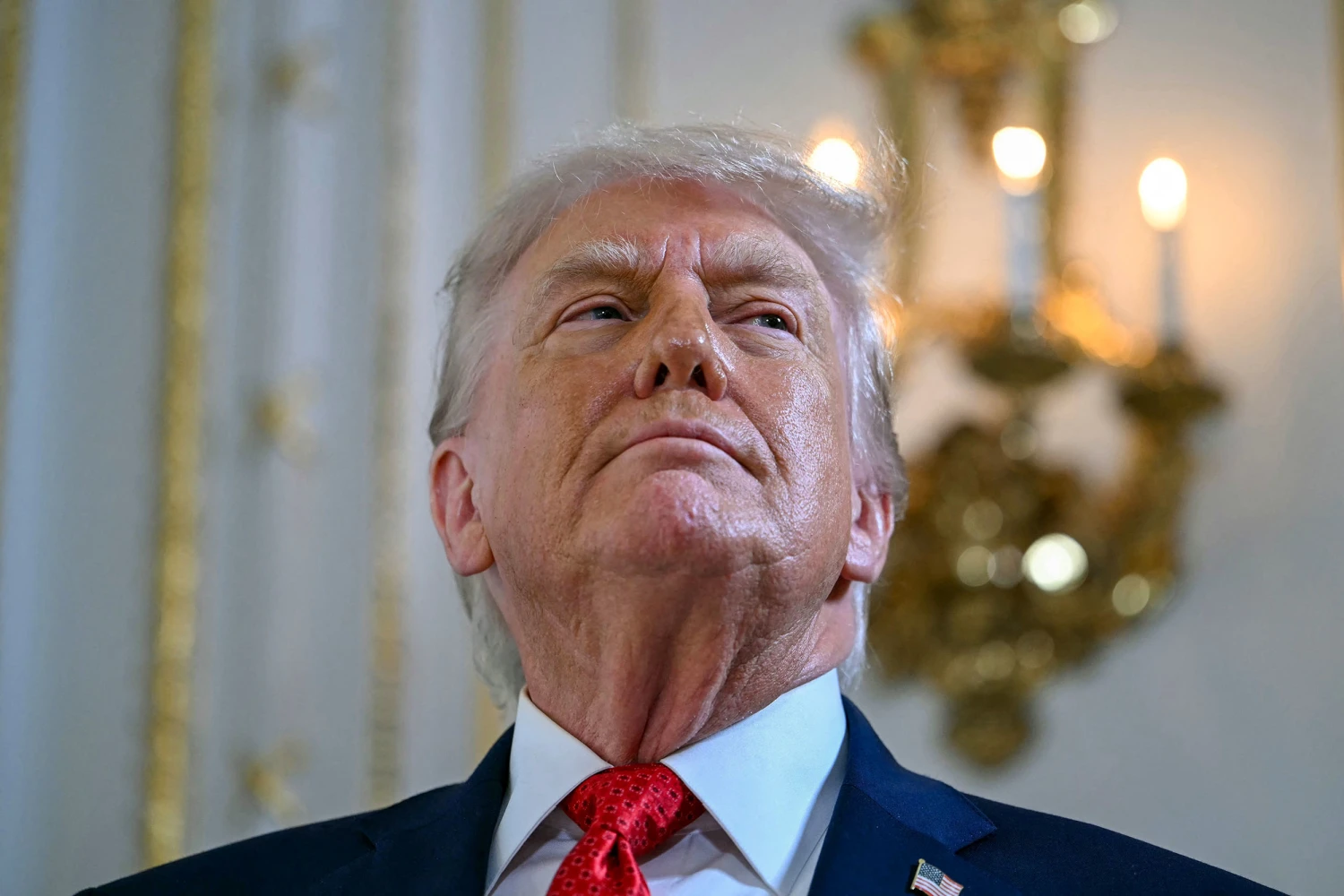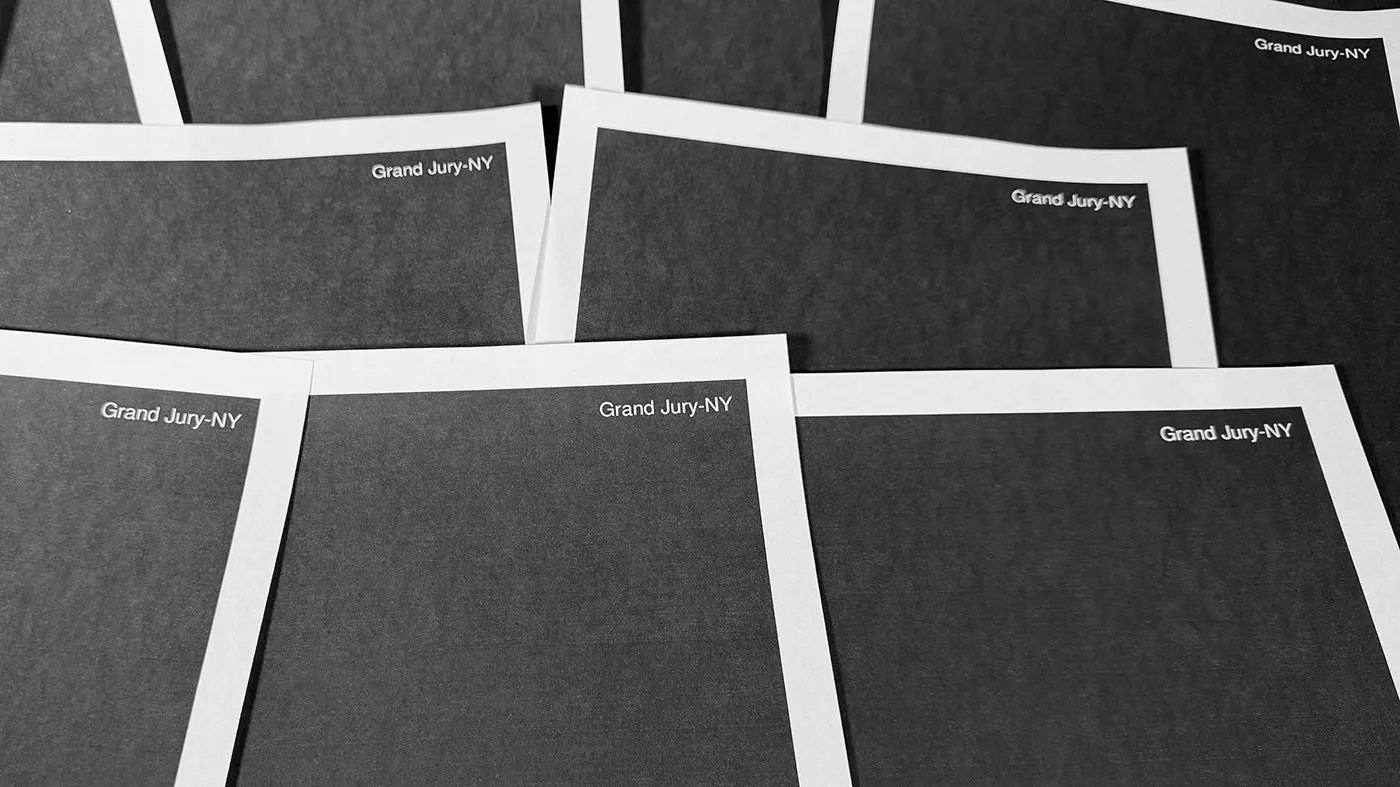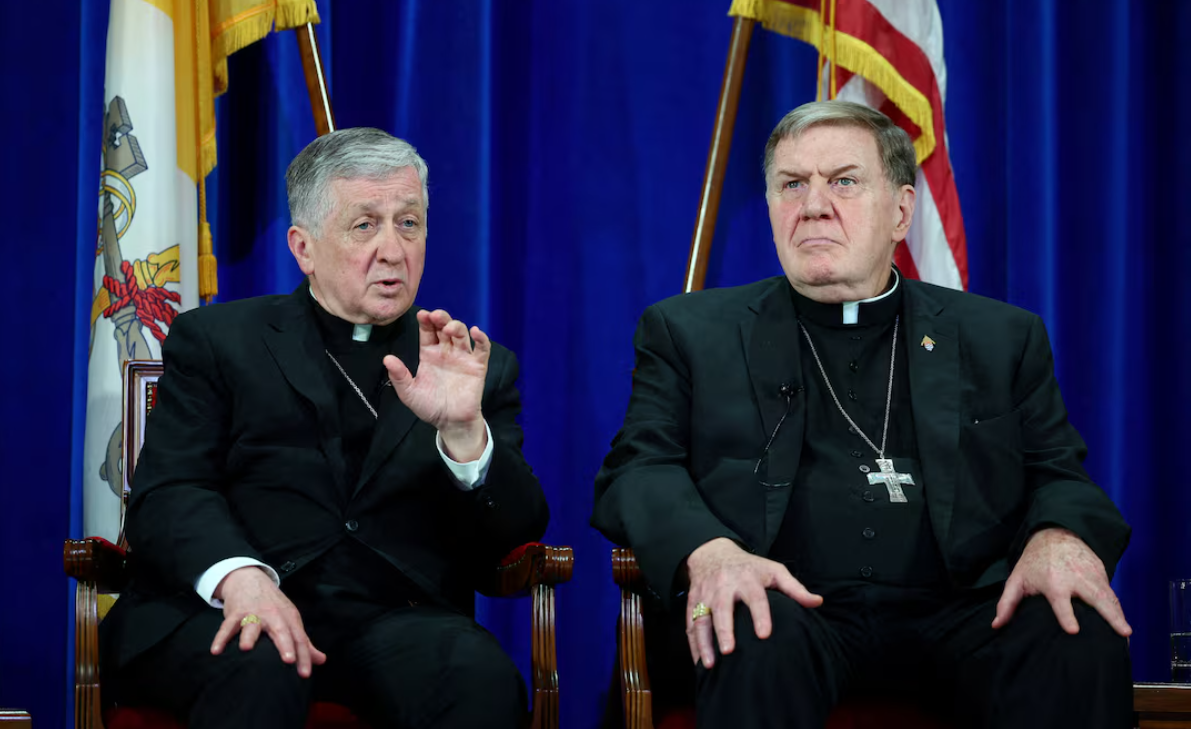The US government’s hunting of Julian Assange, an Australian journalist, demonstrates the vast power of the Western hegemon.
The last decade saw a string of revelations about the inner workings of the US government that shocked the world.
Wikileaks founder Julian Assange published a series of leaked documents that implicated the United States in everything from foreign political meddling to surveillance of allies and adversaries. He was aided in his efforts by US Army whistleblower Chelsea Manning, who exposed gross violations of international law in Iraq and Afghanistan, and Edward Snowden, an NSA contractor who revealed the security agency’s sweeping spying capabilities.
The international scope of US influence was a common thread among each of the revelations. Various governments throughout history have violated their citizens’ rights, but few global powers have ever possessed the ability to bend the entire planet to their will. By the 2010s the United States had become just such a power, with political, technological, and economic might that could be imposed on any person at any place in the world.
“It sounds like they’re now saying every citizen on the planet is susceptible to being charged under the US Espionage Act,” said independent journalist Steve Poikonen on Sputnik’s The Critical Hour program.
Poikonen was among a number of Sputnik contributors who weighed in on news of Assange’s plea deal with the Biden Justice Department Tuesday, questioning the implications of the agreement even as press freedom advocates everywhere celebrate the liberation of the longtime US political prisoner.
“The thing that I found most surprising about all of this is the way that the plea deal was written, mostly because it’s a charge that we’ve historically only seen for government contractors or employees,” said Poikonen, the host of the online news program AM Wake Up. “The argument that the US prosecution was making the entire time hinged on ‘Julian Assange isn’t a journalist.’”
“If they’re charging him as a private citizen for mishandling classified information, and that’s something that before this they could only charge an employee or a contractor with, then doesn’t that put the rest of us under even more of a hot seat than we were before?”
“He never should have been charged,” insisted cartoonist and syndicated columnist Ted Rall of Assange’s 12-year struggle against the US government. “He never committed a crime. He was never an American citizen and, therefore, not subject to American law. The Espionage Act is disgusting and probably unconstitutional and shouldn’t be on the books, and certainly never should apply to journalists.”
The United States’ pursuit of Assange was frequently justified under the pretense that his activity endangered the lives of American citizens or service members. Similar claims were made decades prior against Pentagon Papers leaker Daniel Ellsberg, who former Secretary of State Henry Kissenger dubbed “the most dangerous man in America.” US Congress passed legislation making it a crime to reveal the identity of CIA employees after the former head of the agency George H.W. Bush blamed whistleblower Philip Agee for the killing of an officer by militants in Greece.
But no concrete details ever emerged of anyone targeted, or even placed under threat, by Julian Assange’s journalism. On the contrary, Assange worked meticulously with sources and partnered media outlets to redact information that could’ve endangered or exposed anyone referenced within the leaked documents.
“This idea that Julian Assange was putting lives in danger, etcetera, is completely fabricated in order to give a fig leaf of respectability to the war that has been conducted by the US government against this man who has been, by the way, let free not because suddenly Joe Biden decided to act out of the milk of human kindness,” said economist Radhika Desai.
Desai sharply criticized mainstream media outlets who often played a role in vilifying Assange even as they produced journalism based on his work.
“The [Washington Post] story is just so completely hypocritical,” she said of an article in the Washington DC-based newspaper that reported that “reactions were divided” over Assange’s release from prison. “The only people criticizing Julian Assange are the US government and all the mainstream media who seem to be taking their cues from them for whatever reason best known to them.”
“It’s also an irony that the newspapers that are now reporting his march towards freedom… published the very things that he was accused of, the very national security secrets that he was accused of having exposed,” said host Wilmer Leon.
“It stinks to high heaven,” agreed author and academic Gerald Horne. “I take it that’s a veiled reference to organs like the New York Times, for example, The Guardian… Mr. Assange’s reputation has been dragged through the mud. He has suffered unduly, and I wish him only the best.”
“It is obvious to me that the years of confinement of torture under maximum security and solitary confinement conditions have broken Julian Assange,” lamented security analyst Mark Sleboda. “The Julian Assange who went into Belmarsh [Prison] would have never pled or accepted guilt, or any jurisdiction of any US court or grand jury over him.”
“It remains to be seen whether the shattered Julian Assange can somehow reemerge phoenix-like from the ashes of this and resume the fight against the hegemony that has persecuted and abducted him for much of the last decade,” he said.
But Desai insisted that future generations would value the journalist’s significant sacrifice made in order to inform the world of government abuses.
“Alongside Chelsea Manning and Edward Snowden, Julian Assange is one of the heroes of our time. They are a small band of people who have spoken truth to power and they have believed in the truth, they have fought for the truth, they have sacrificed for the truth.”
“It’s going to be a little disgusting and disheartening to see Julian have to plead guilty to a crime he did not commit in that federal court in Saipan, but it’s amazing to see him out of that horrible prison and on his way to his home in Australia to reunite with his wife and children,” said Rall. “It’s great news.”




